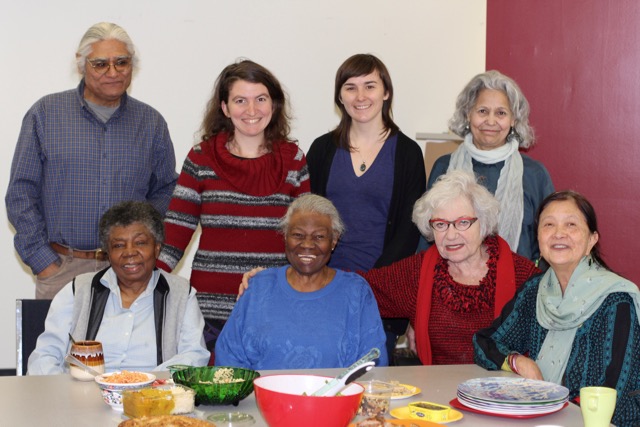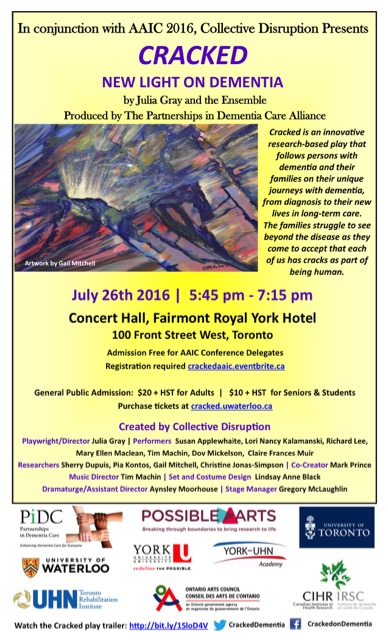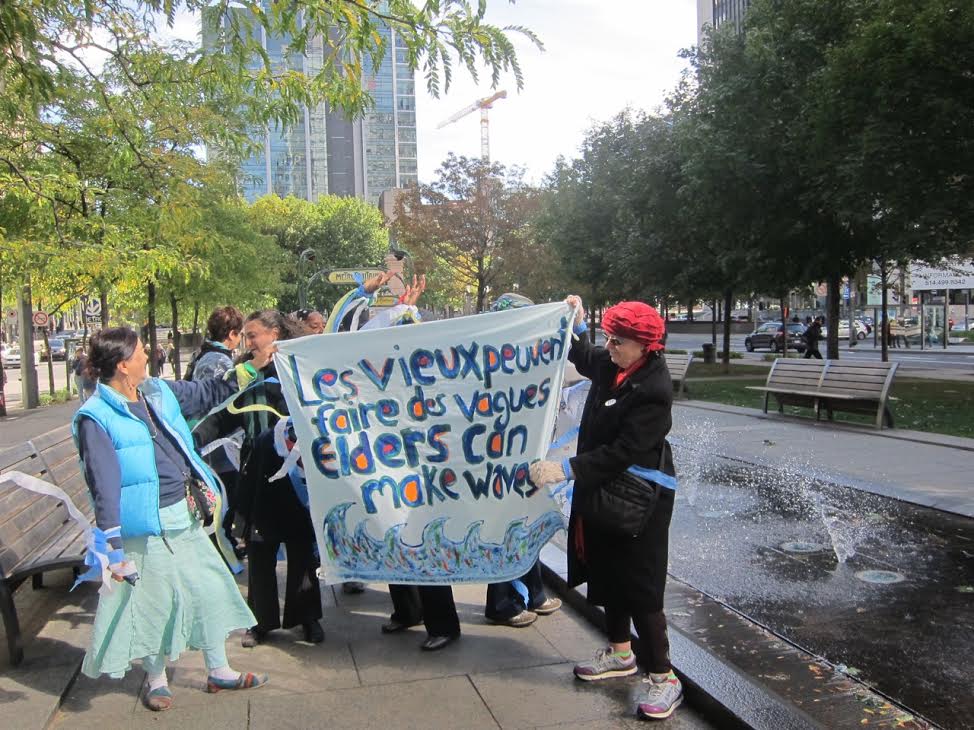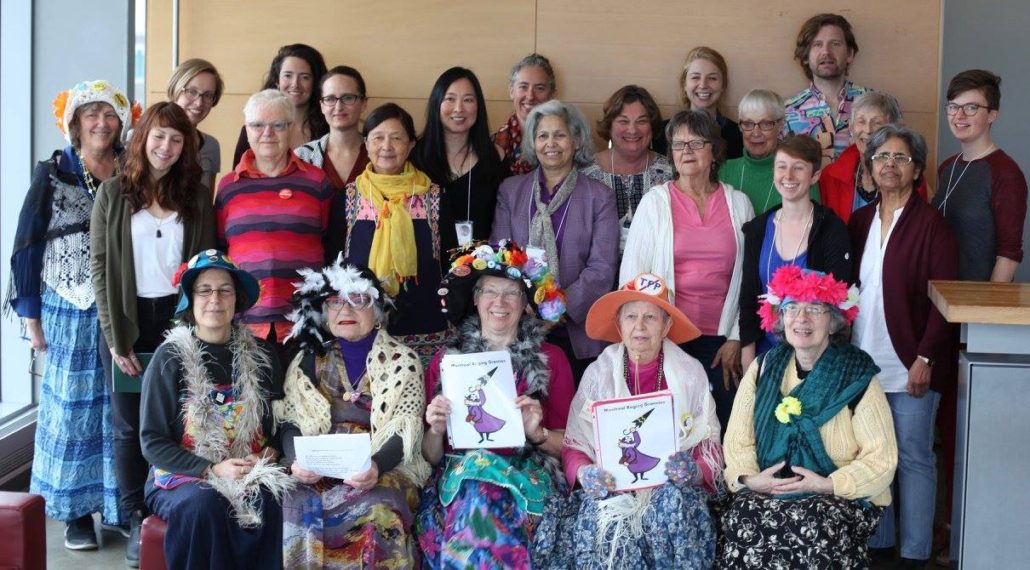
We are pleased to announce that RECAA (Respecting Elders, Communities Against Abuse) has received funding from New Horizons Seniors for an exciting new project called “Food Forums: Recipes for Interaction, Inclusion and Social Engagement.” Over the next year, members of RECAA will cook, take photos, write blog posts, record stories, host meals, and create recipe cards as they work together to counter elder abuse and isolation.
The project will include, in part, the creation of a food blog that intends to foster conversation, participation, and inclusion among the group and within the community. Ultimately, RECAA’s goal is to include elders’ voices in a primarily youth-dominated, foodie culture that has taken the Internet and social media by storm in recent years. Restaurant Day, which has been growing in popularity every year, is noticeably attended by younger people. Members of RECAA want to change that. They plan to host an elders’ led “restaurant” for Montreal’s Restaurant Day in August. By including elders’ voices in a youth-dominated foodie culture, RECAA hopes to continue to build intergenerational relationships and diversify dialogues around food, meal sharing, and inclusivity.
RECAA’s inspiration for writing this grant application emerged for two reasons. First, the group was looking to diversify their communication approach. After twelve years of using Forum Theatre as their primary mode of expression, members of RECAA were looking for new modes of expression, new strategies for community engagement, and different approaches to public outreach. Second, RECAA realized that their close-knit group dynamic has emerged through years of sharing ideas and stories during lunch breaks. Great things have happened around the table. These informal, meal time conversations tightened their friendships and sparked creative inspiration. For RECAA, formalizing the meals and sharing their knowledge through digital platforms seemed like a step in a refreshing but familiar direction. The Food Forum project will allow RECAA to explore creative new approaches to bringing awareness to elder abuse and mistreatment.
ACT-affiliated students will have the chance to be involved in the digital aspects of this project as well. Students will provide digital media workshops to RECAA members and will contribute to training members in photography, audio recording, and blog writing. ACT students will also have the opportunity to learn new recipes and cooking skills from members of RECAA.
RECAA is an important community partner of ACT. As an organization, RECAA has been talking with communities about forms of elder mistreatment for over twelve years. Members of RECAA come from diverse backgrounds and reflect the ethnocultural and multilingual diversity of Montreal. Members are of South Asian, Caribbean, European, South East Asian, African, Canadian, and Latin descent. RECAA uses theatre, specifically, Forum Theatre, as a medium to address themes of neglect, disrespect, and isolation. Members of RECAA have worked with ACT students in the past and this new project will present exciting new opportunities for more intergenerational exchanges.







